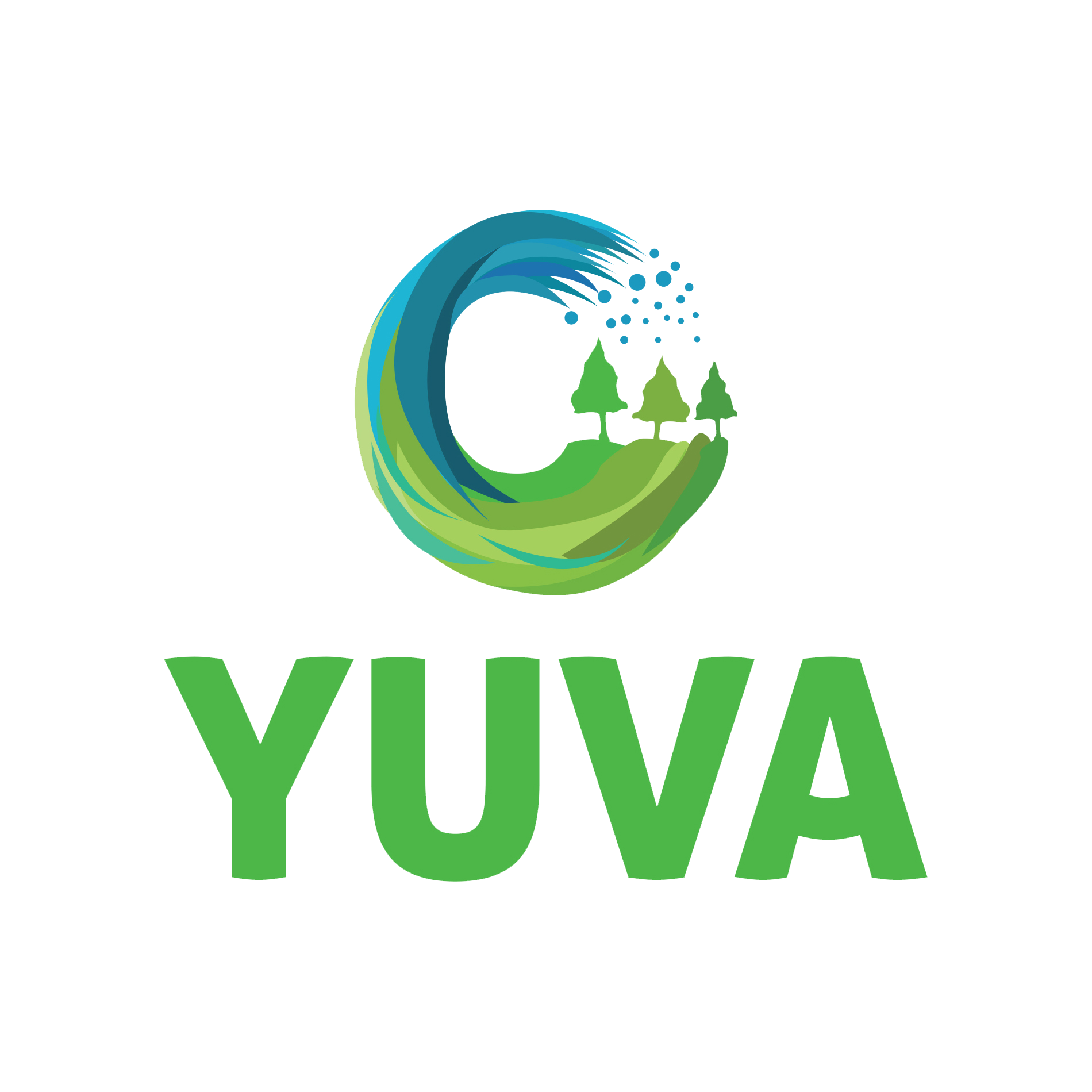Based on the common values of all living things, such as scientific data, human rights and nature rights, we present problems, open up discussions and offer solutions.


Community Based Non-formal Learning

Grassroots Movement
YUVA defines earth citizenship as being aware of the interdependency of all human and living beings, valuing diversity, being peaceful and inclusive, and promoting equality, justice and solidarity amongst all people and living beings.
YUVA believes that a holistic change is possible with local grassroots movements and therefore organizes Earth Citizenship trainings throughout the country, supports the establishment and the empowerment of local movements.
YUVA gives importance to local employment in order to ensure self-sustainability of communities and a sustainable change. Above 30 local employees, from social workers who run from door to door to identify needs to vocational trainers, are working for the development and empowerment of their own community. YUVA gives shape to its programs together with local communities and stakeholders.

